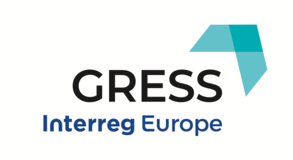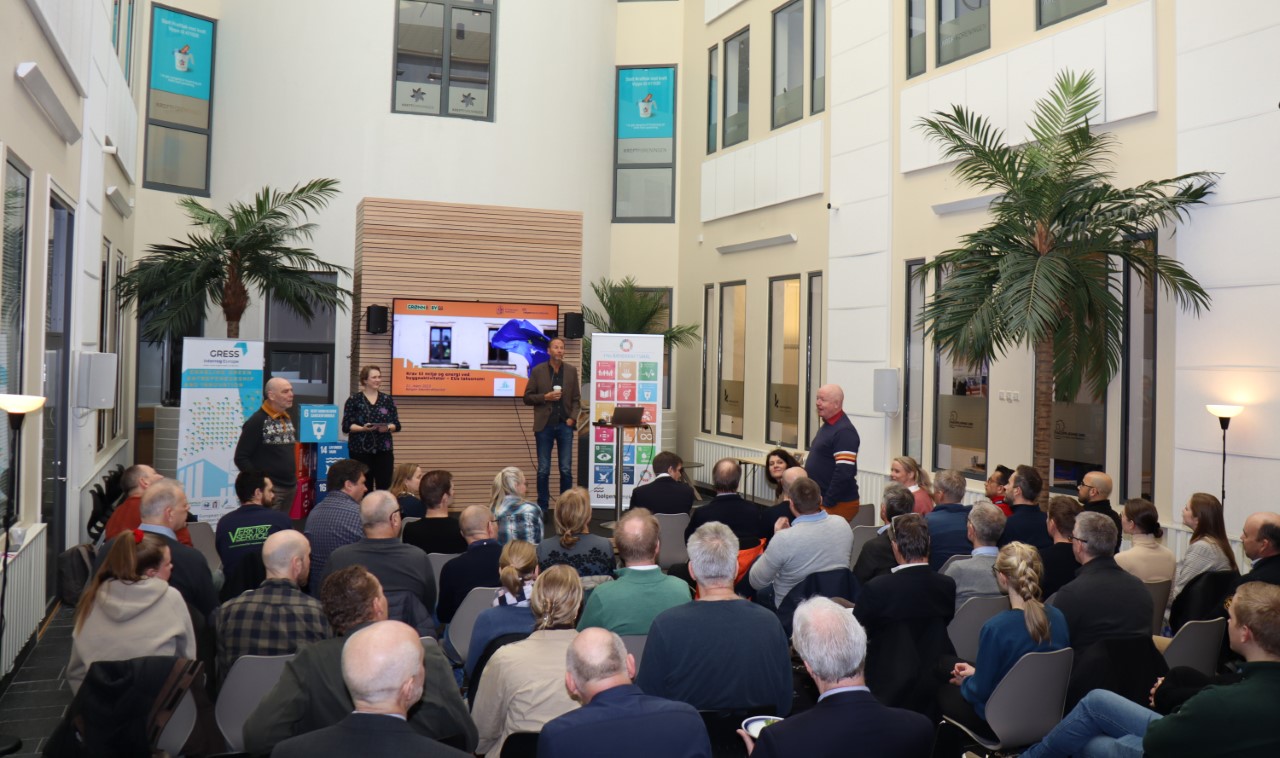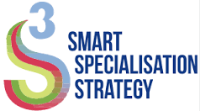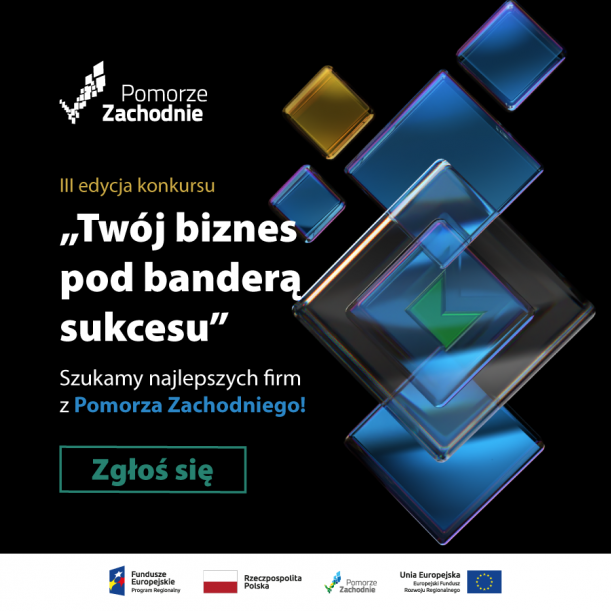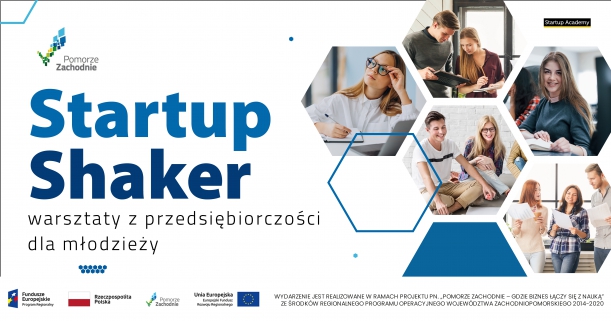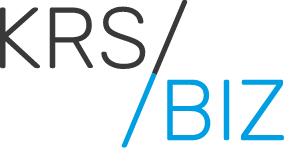Europe has ambitious goals for the future - under the Paris Agreement, the EU committed itself to becoming carbon-neutral by 2050. The 25 million SMEs in Europe account for 99.8% of all firms and are a significant source of job creation and prosperity and an engine for the green transition and post-COVID recovery.
The Interreg Europe and Interreg North Sea projects, GRESS and Future by Design, invited to discuss the main drivers for local green transition and inclusive recovery and, therefore, how to unlock the full potential of startups and SMEs.
Around the table, a broad and international group of strategists, politicians, and intermediates engaged dialogue and knowledge-sharing on implementing tangible actions to support startups and SMEs.
The three keynote speakers set the scene during the first session, focusing on startups and SME support. The second session consisted of three parallel World Cafes, each of which looked closely at providing practical support for startups and SMEs. The focus of these World Cafes has been on 1) Public sector measures, 2) The role of Digital Innovation Hubs, and 3) Digitalisation as a tool.
The Mayor of Kristiansand, Jan Oddvar Skisland, emphasized the importance and responsibility of local authorities to create favourable conditions for startups and SMEs to engage actively in the process of green transition and recovery.
Few outcomes emerged from the discussion in the session on DIHs and their potential to unlock green transition. DIHs are not a one-size-fits-all solution, although they can be a valuable instrument for leveraging the transformation of SMEs.
New technologies are usually disturbing to companies in traditional sectors as they don't know how to approach innovation. Therefore, awareness-raising is a crucial element in the start of the interaction process between DIHs and SMEs.
Another critical step is the assessment of digital status in companies. These assessments are essential, yet they need to be tailor-made to specific sectors and businesses. Different stages of digitalization also presuppose the use of various financing instruments – therefore, companies with primary digital status will be benefitting more from grants, while mature companies can utilize loans.
In the session on the role of digitalization, we worked around the needs that SMEs have when it comes to digitalization. We also had a short discussion about what services we provide that the SME appreciates and sees as valuable.
In the end, the focus has been directed towards the SMEs' barriers in the quest to become more digital. It was clear that time and financial resources are significant obstacles for SMEs to dare invest in a digitalization journey.
The event concluded that green transition and recovery could only succeed if this process is inclusive and participatory.
